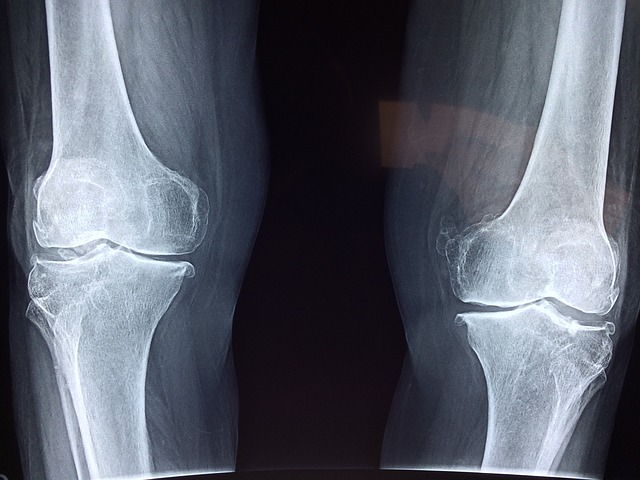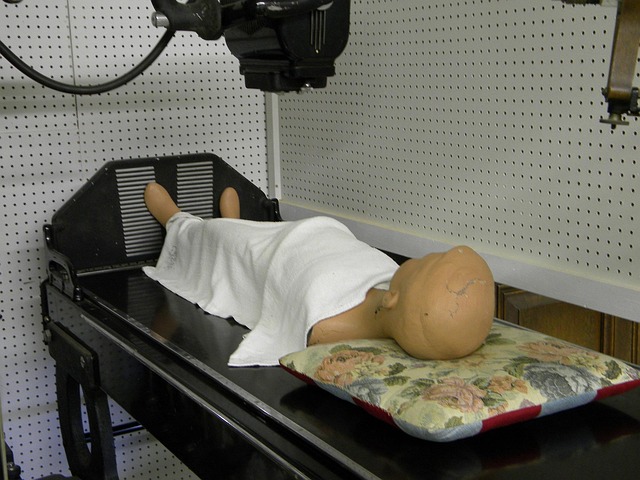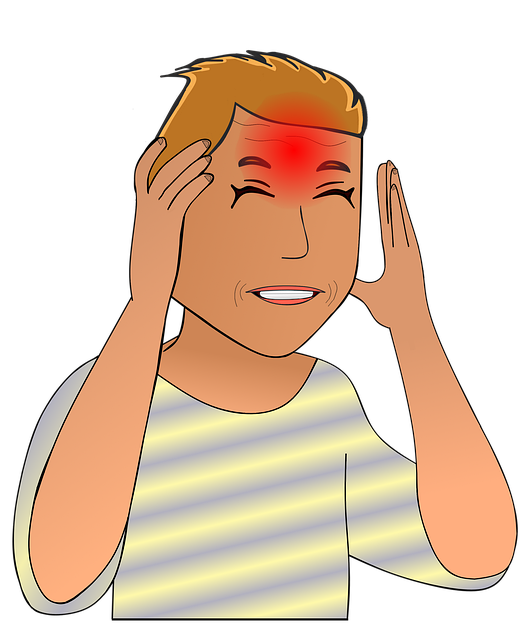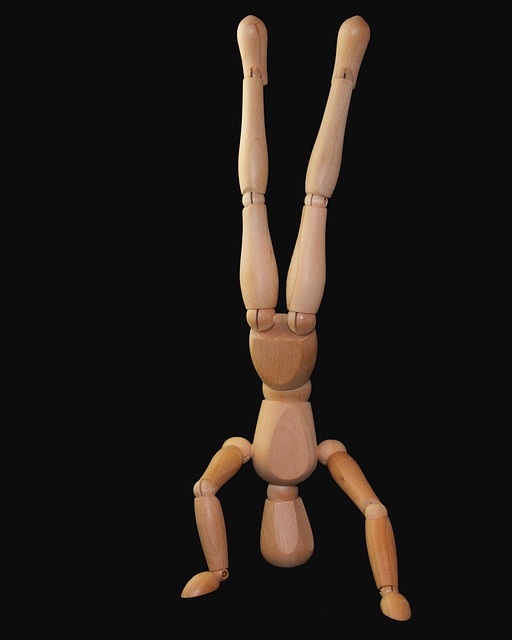Chiropractors provide effective auto accident headache and migraine treatments by addressing structural imbalances in the neck and spine, offering non-invasive relief without medication through spinal adjustments, nerve root pressure relief, heat/ice therapy, and personalized exercises to prevent future symptoms.
After a car crash, it’s not uncommon to experience severe headaches and migraines. Understanding these symptoms and seeking appropriate treatment is crucial for recovery. This article delves into the causes of post-auto accident migraines and explores how chiropractic care can offer effective relief. We examine various treatment options specifically tailored to address crash-related migraines, highlighting the role of chiropractors in managing these debilitating conditions. By understanding your options, you can take proactive steps towards a headache-free life.
- Understanding Migraines Post-Auto Accident
- Chiropractic Care for Headache Relief
- Effective Treatments for Crash-Related Migraines
Understanding Migraines Post-Auto Accident
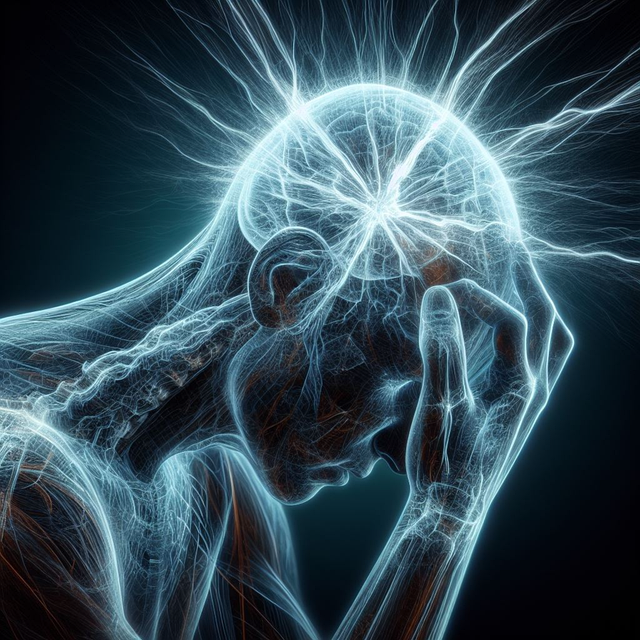
After a car crash, many individuals experience a range of physical symptoms, including severe headaches and migraines. Understanding these post-auto accident migraines is essential in determining the most effective treatment methods. Chiropractors are trained to assess and address such issues, offering unique perspectives and natural approaches to relief.
Migraines following an auto accident can stem from various factors. Whiplash, a common injury in car crashes, can cause tension or misalignment in the neck and spine, leading to headaches. Chiropractic care focuses on these structural imbalances, aiming to reduce pain and prevent future migraines by correcting spinal adjustments and providing targeted therapies. The goal is to not only treat the symptoms but also address the underlying causes, ensuring a more comprehensive recovery for patients experiencing post-accident migraines.
Chiropractic Care for Headache Relief

Chiropractic care has emerged as a promising approach for managing headaches, particularly after traumatic events like auto accidents. Many patients suffer from chronic migraines or severe headaches as a result of whiplash or other injuries sustained during collisions. Chiropractors are trained to assess and treat these conditions, offering natural and non-invasive solutions.
Chiropractic adjustments focus on correcting misalignments in the spine, which can impact nerve impulses responsible for pain signals. By manipulating the spine, chiropractors aim to reduce pressure on nerves and blood vessels, thereby alleviating headache symptoms. This treatment method has shown effectiveness in managing auto accident-related headaches, providing relief from migraines and chronic pain without relying on medication.
Effective Treatments for Crash-Related Migraines

Chiropractors are experts in treating auto accident-related injuries, including headaches and migraines. After a crash, many individuals experience severe or chronic migraines due to the impact on their neck and spine. Chiropractors employ various techniques specific to these conditions, focusing on adjusting the spine, alleviating pressure on nerve roots, and promoting healing.
Effective treatments for crash-related migraines by chiropractors often include manual adjustments, heat/ice therapy, and exercises tailored to strengthen the neck and improve posture. Additionally, chiropractors may recommend lifestyle changes, such as stress management techniques and improved sleeping habits, to prevent future migraine episodes. These holistic approaches work in conjunction with one another to target the root cause of migraines, providing lasting relief for patients post-auto accident.
After a car accident, experiencing migraines can be a common and distressing symptom. Chiropractic care offers a promising avenue for relief from these debilitating headaches. By addressing misalignments in the spine and promoting overall nervous system health, chiropractors can provide effective treatments for auto accident-related migraines, offering a non-invasive approach to managing pain and improving quality of life.
